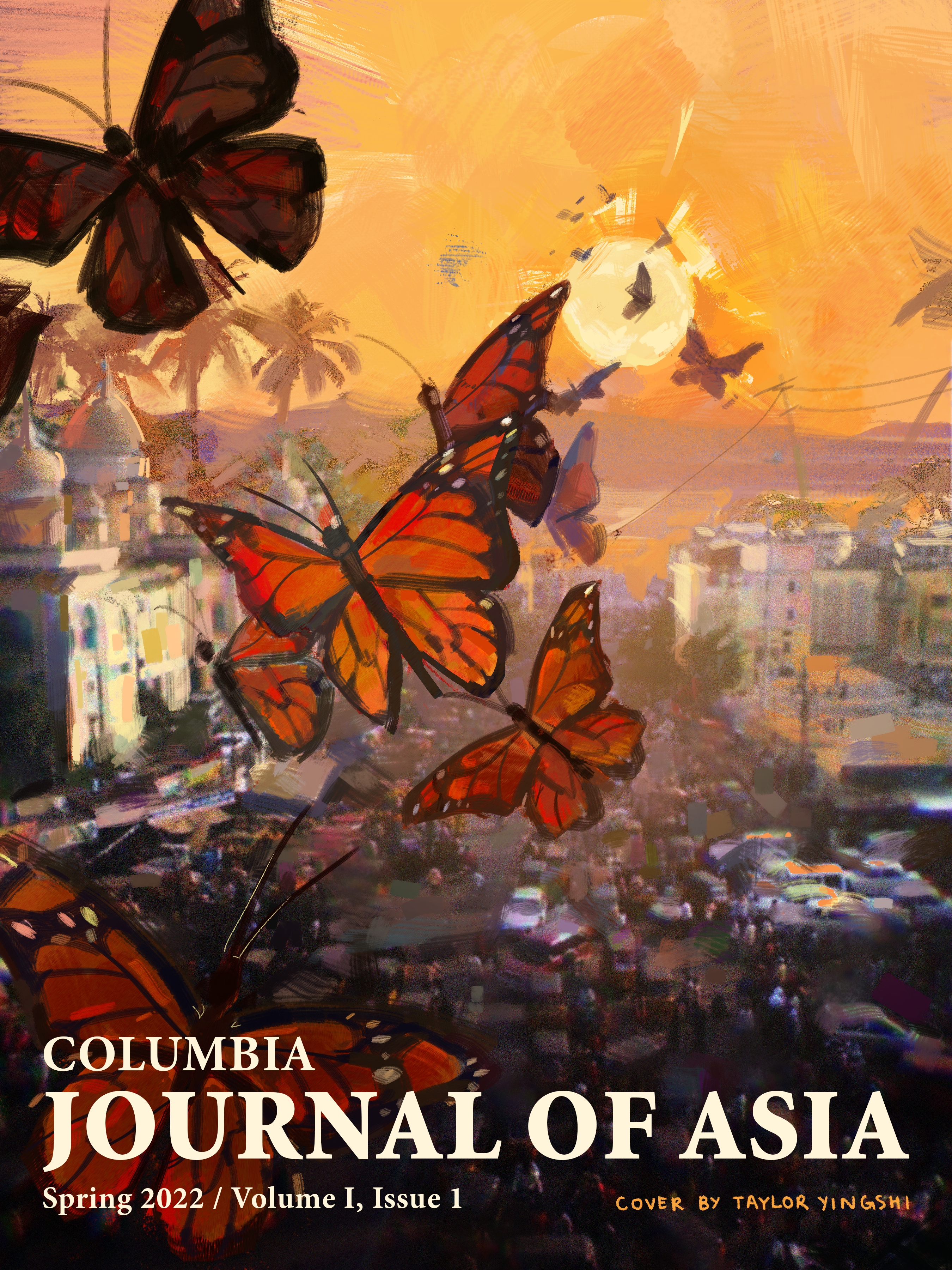Abstract
This paper focuses on Taiwan’s democratization and seeks to uncover which factors have facilitated this development by specifically utilizing Huber, Rueschemeyer, and Stephens’ (1993) theoretical approach of how economic development impacts democratic transitions. Their framework is then utilized comparatively along with data provided by several peer-reviewed contributions explaining Taiwan’s democratization process. To avoid the inclusion of any other than that which has strong relevance or significant causality to the island’s democratization, the paper analyzes developments back to 1895 when Taiwan was conquered by the Imperial Japanese, which led to modernization on the island. Thereafter, historical developments are presented, specifically the Kuomintang’s (KMT) oppressive rule, socioeconomic developments with a comparison of Taiwan’s economic policy with South Korea, and how these have impacted the alliance-making in the class systems and the emergence of a literary public sphere, which fueled the Taiwang movement, finally leading to the allowance of an opposition party to be founded. Lastly, the paper looks at the extent historical geopolitical events have facilitated the democratization. The findings suggest that Taiwan has indeed been able to effectively transition from a one-party authoritarian regime to a deliberative multi-party democracy due to several factors, such as Japan causing modernization, a growth in the public’s question regarding a distinct national identity, KMT’s economic policy, a growth in the literary public sphere and its international relations.

This work is licensed under a Creative Commons Attribution 4.0 International License.
Copyright (c) 2022 Kristoffer Andreas Auklend

